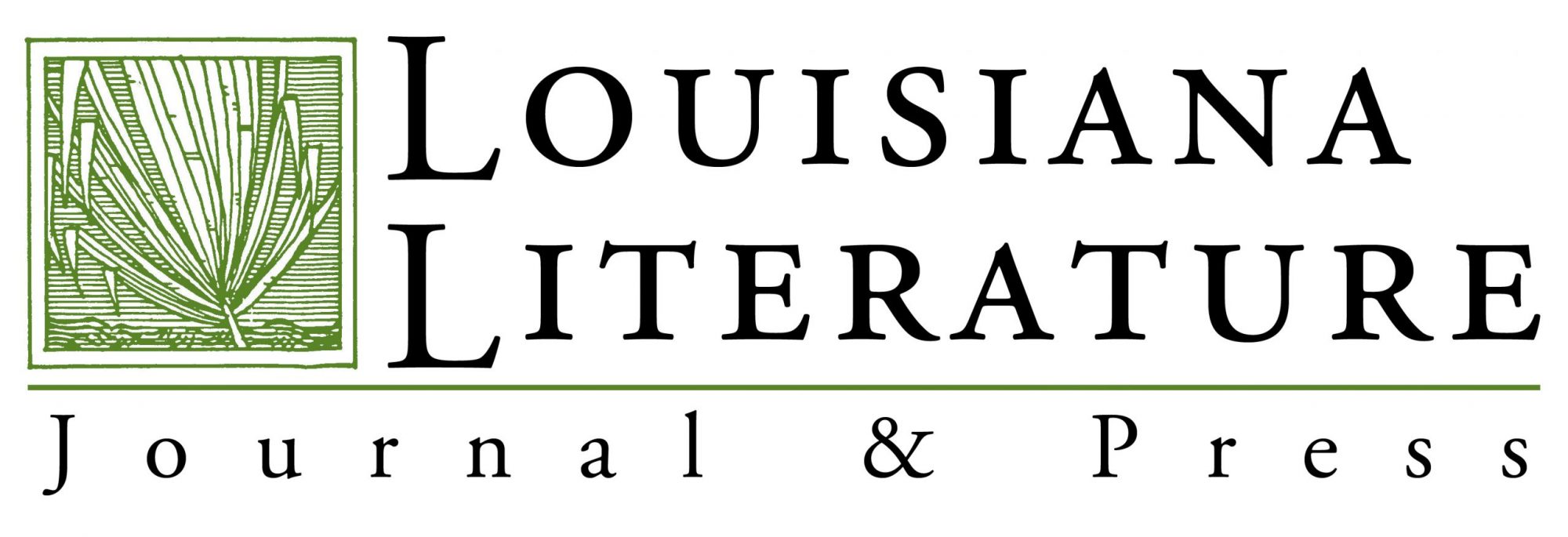Katie Bowler Young
1.
This isn’t about Julius Solters, his blindness,
or his son. I read “his life returned to darkness”
as figurative, when learning about his youth
leading pack mules through blackened coal mines.
So maybe his dream of baseball makes sense,
even though it led to his blindness, and even if
it is true Julius never laid eyes on his son, Stevie,
a boy he could have known as sound and shape
between his hands. I wouldn’t want to be blind
in this world, but I do want to know some
creatures by their sound, their breathing,
their face between my hands. I imagine
parenting a child like this is like sculpting.
But who knows if Julius ever held his child
in a way that led to knowing him.
2.
An errant move in routine play—a ball,
pre-game—put the father’s eyes into darkness.
Also, there was Julius’s nickname: Moose.
Moose. In literature, and in life, doesn’t an animal
often stand in for something else? Like that elephant
on the TV, lying on its side, two bloodied gaps
where its tusks once were. That elephant cleared paths
in the woods with tusks meant to lift and protect,
and its body is the aftermath. Like my mother,
my sister, and me when my father was in prison
So I always have to stop when I see this: A human
taking what isn’t his. A human killing
what he could have saved. So, sometimes, yes,
sometimes—I think of my father.
3.
What animal could I put here as his stand-in?
And why can’t any of us put back stolen tusks,
heal the deadly gashes? For many years,
I couldn’t love any animal: rabbits, horses, kittens,
not even the dog that once walked seven miles
across our city to find me.
4.
It was a hot afternoon when my best friend’s
black lab arrived. I’d been told he’d run away,
and I saw him waiting in a cut of shade, panting,
asking me not to leave him alone on the street.
But getting him would mean touching him,
and I was more comfortable beside the window.
Outside, the sun stung my eyes and cars sped ahead.
My fingers tightened around the dog’s collar.
He regarded me with determined eyes,
and I kept yelling, Let’s go! Let’s go!
I felt a danger pulling him
toward my yard, up the steps,
walking backward as my eyes burned
and the neighborhood shook like water in a jar.
Then the door behind me opened to the next flight
of stairs, which we tripped over the whole way up,
my one hand on the dog and the other wanting
the banister. Then the next door opened,
and I fell to the floor surrounded by windows
tall as mountains with all their sunlight
crashing in. The dog’s name was Henry.
He was named for a boy we once knew.
When he curled beside me, I became
the animal, wild and uncaged, unfurling.
5.
Decades later, with Henry long gone, I finally saw:
animals care. So of course I wanted to know
about a herd of moose I once saw in Maine, on a mountain.
But Moose, the baseball player, was my first hit on a search,
and there I was again, suddenly wild and uncaged,
sobbing about a child whose father never saw him.
Why do people always say, “Moose don’t herd,”
or “Moose are solitary animals”? Hiking in Maine,
I’d come upon a clearing near sunset. I had never
seen one moose, much less dozens. A few
stepped from the fir trees with magnificent bows
and slow-turnings to face me, and others flashed their ears
to catch sounds of the wind whipping through the pass.
I had no clear path to cross their field. They moved slowly
toward me, curious and unafraid, all of us together
with big sad eyes, like a family, for a brief time.
